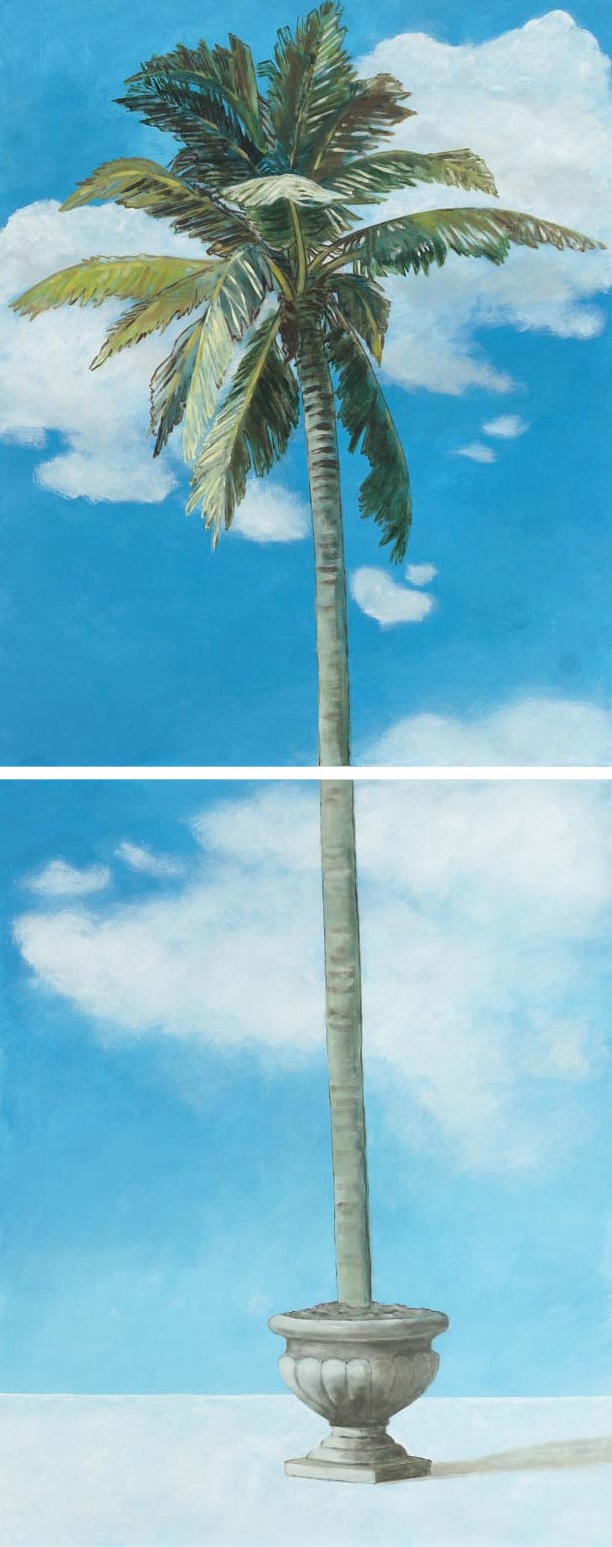Our Search for Intergenerational Rhythms as Tongan Global Scholars
DOI:
https://doi.org/10.18432/ari29797Keywords:
e-talanoa, creatively critical meaning-making, cultural collective, intergenerational rhythms, Tongan Global Scholars Network (TGSN)Abstract
Our search for collective meaning-making across spaces and places as Tongan global scholars carries intergenerational rhythms. This article is a diasporic collaboration between members of the Tongan Global Scholars Network (TGSN), an online cultural collective drawn together through creatively critical rhythms and a desire to make space for ongoing criticalities through Tongan concepts, knowledge, and approaches. Employing the art of e-talanoa in our search for ways of crafting meaning, we unfold our narratives about TGSN’s humble beginnings using a range of modalities expressed as words, images, screenshots, and poetry. Our desire to connect early career scholars of Tongan heritage across the diaspora of Australia, the United States of America, Aotearoa New Zealand, and Tonga via the online space, led to enabling intergenerational relational rhythms between more seasoned and emerging scholars, sharing their understanding of Tongan knowledge and its relevance in the dominant Western academe. Intergenerational rhythms are central to TGSN’s survival. As a global network, TGSN continues to provide meaningful spaces for creatively critical meaning- making and intergenerational collaborative dialogue.
Downloads
Published
How to Cite
Issue
Section
License
Copyright (c) 2024 Ruth (Lute) Faleolo, Edmond Fehoko, Dagmar Dyck, Cathleen Hafu-Fetokai, Gemma Malungahu, Zaramasina L Clark , ‘Esiteli Hafoka, Finausina Tovo , David Taufui Mikato Fa‘avae

This work is licensed under a Creative Commons Attribution-NonCommercial-NoDerivatives 4.0 International License.
Authors who publish with Art/Research International agree to the following terms:
a. Authors retain copyright and grant the journal right of first publication and the right to sublicense the Contribution, in the form in which it is published by the journal, to others under the terms and conditions of the of the Creative Commons Attribution-NonCommercial-NoDerivs (CC BY-NC-ND) that allows others to download the work and share the work with others with an acknowledgement of the work's authorship and initial publication in this journal, but they cannot change the work in any way or use any part of the work commercially.
b. Authors are able to enter into separate, additional contractual arrangements for the non-exclusive public distribution and display of the journal's published version of the work (e.g., post it to an institutional repository or publish it in a book), with an acknowledgement of its initial publication in this journal.
c. Authors are permitted and encouraged to post their work online (e.g., in institutional repositories or on their website) prior to and during the submission process, as it can lead to productive exchanges, as well as earlier and greater citation of published work (See The Effect of Open Access).
d. Authors wishing to include items (such as images or other media, or any creative works of others whether previously published or not) must contact the original copyright holder to obtain explicit permission to publish these items in Art/Research International. Writing permission should include: the title(s) of any copyrighted work, original place of publication if applicable, and an acknowledgement of having read Art/Research International's copyright notice. Authors are responsible for obtaining this permission and keeping it in their own records for later verification.



